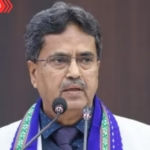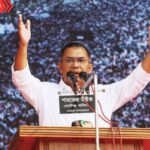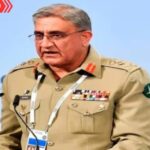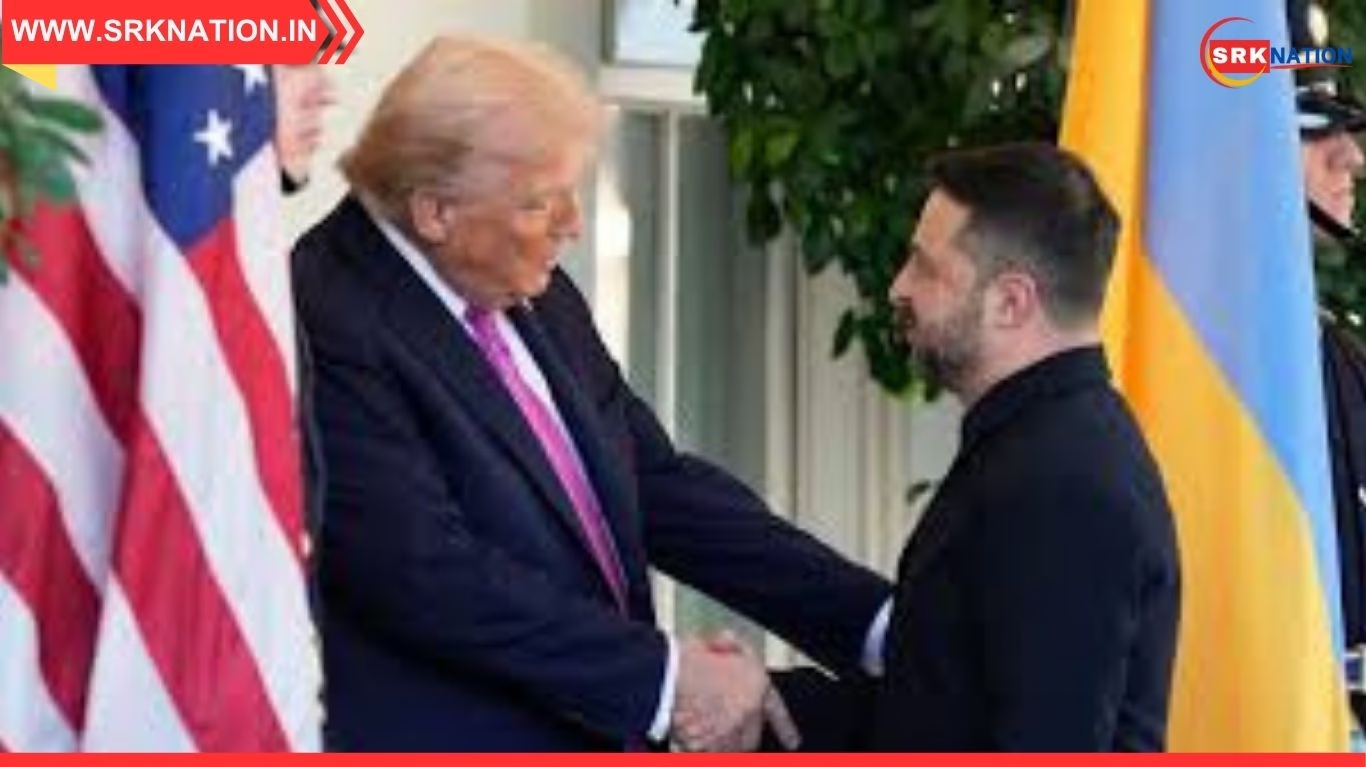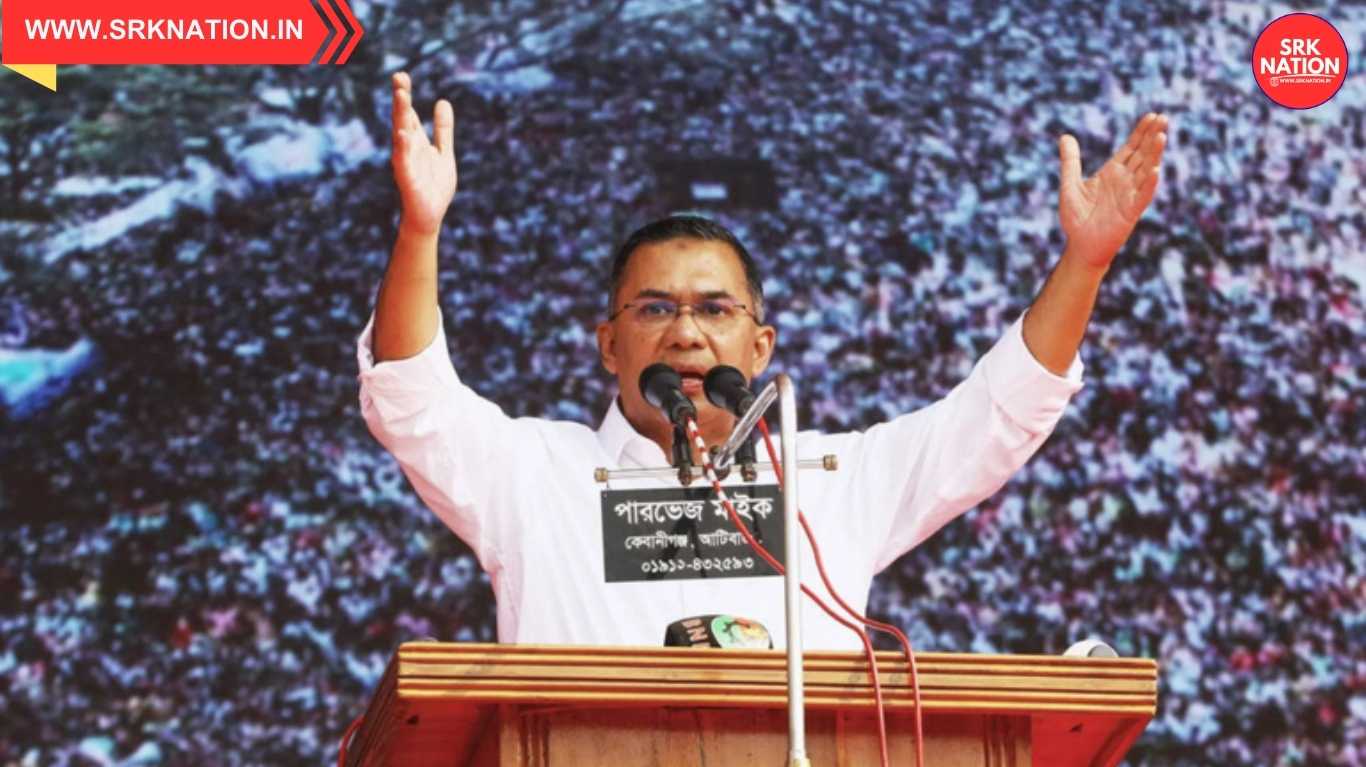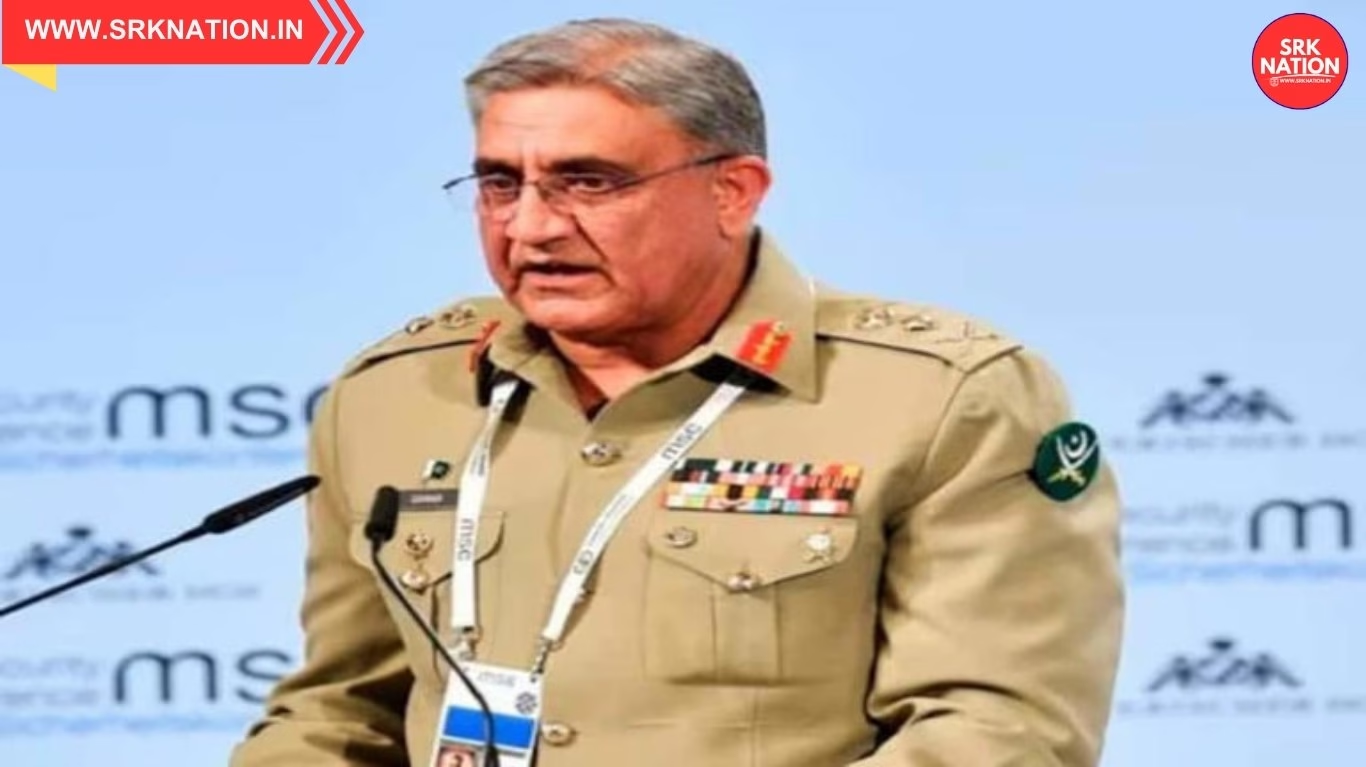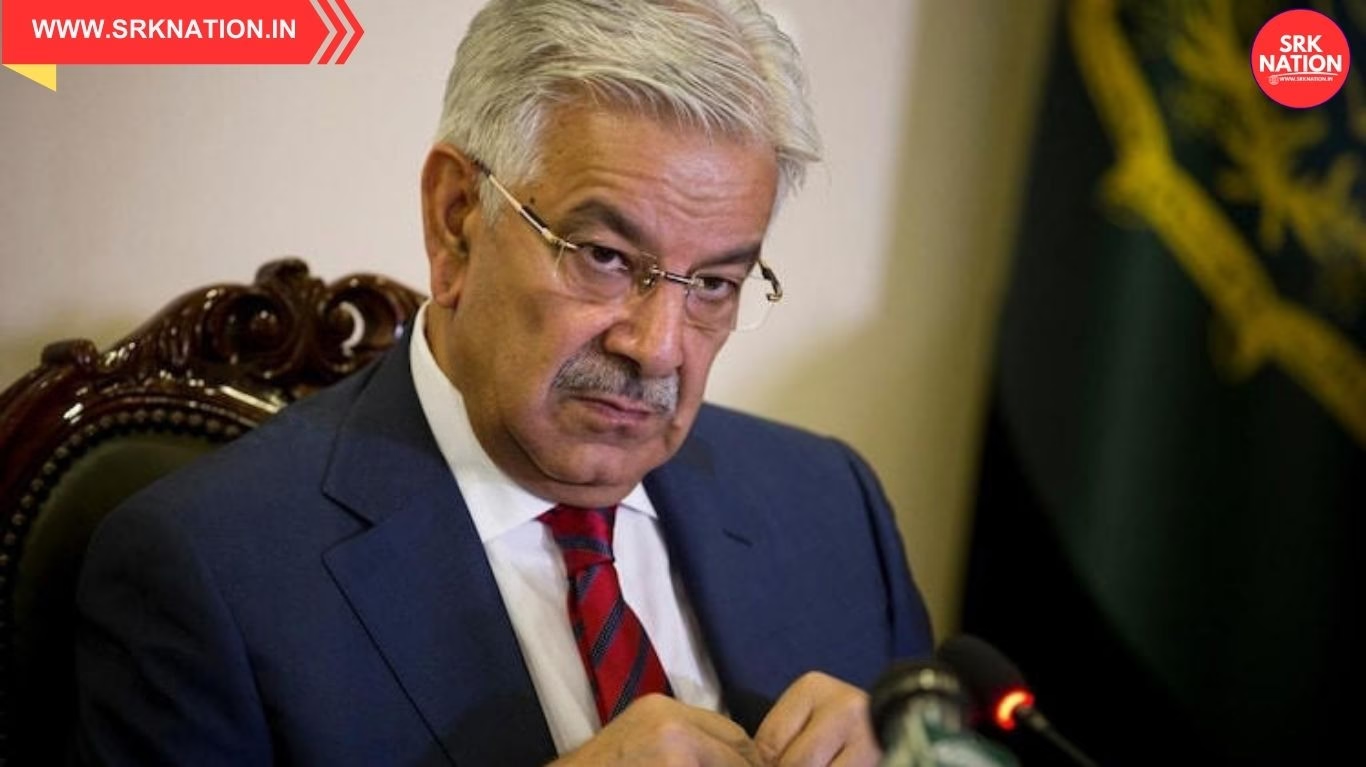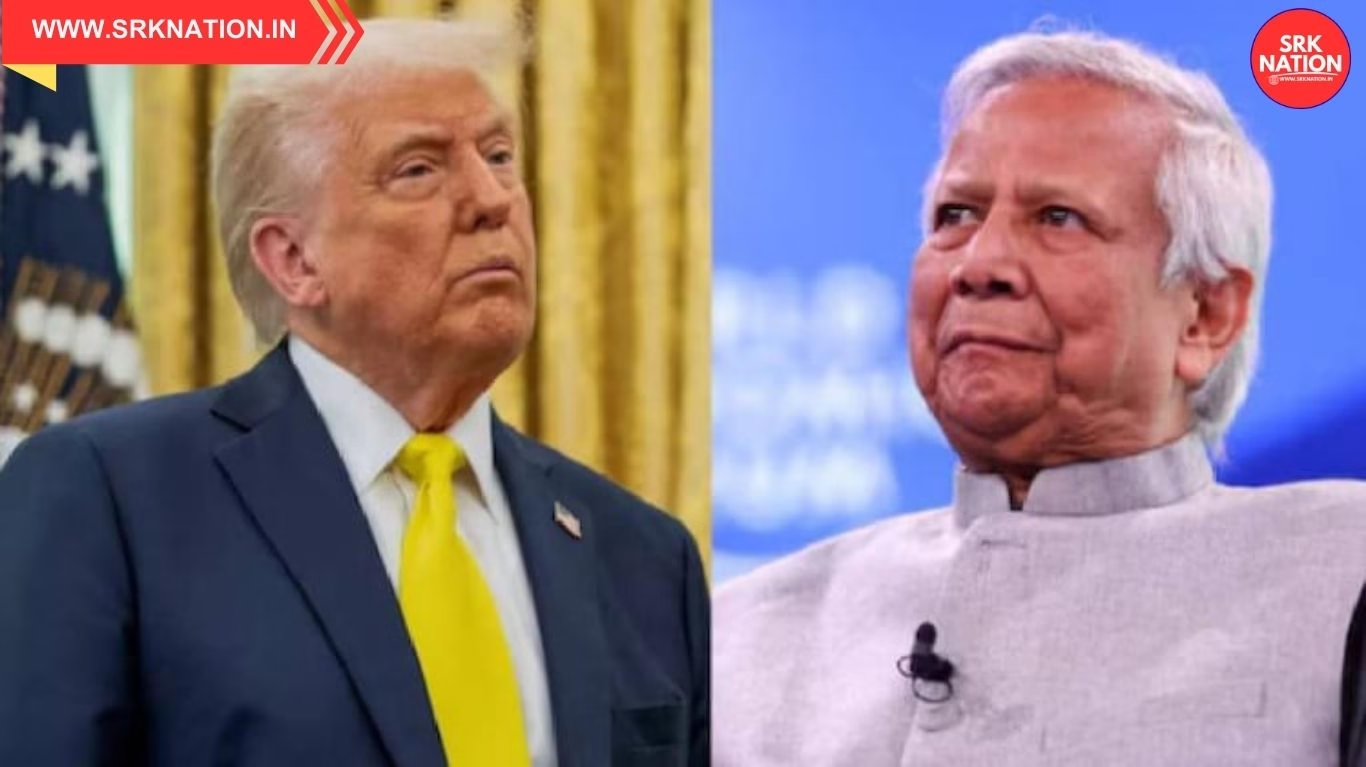Ukrainian President Volodymyr Zelenskyy has reiterated his country’s readiness to engage in peace negotiations “in any format,” while accusing Russian President Vladimir Putin of deliberately obstructing diplomatic efforts. Speaking during a bilateral lunch with U.S. President Donald Trump at the White House on October 17, 2025, Zelenskyy emphasized that Ukraine remains committed to ending the war through dialogue, but only with genuine intent from the other side.
“We’re ready to negotiate in any format—bilateral, trilateral, multilateral. What matters is peace,” Zelenskyy said, responding to questions about potential concessions, including NATO membership and territorial compromises. “We want peace. Putin doesn’t. That’s why we need pressure on him,” he added .
The remarks come amid renewed diplomatic activity following Trump’s recent phone call with Putin and the Alaska summit between U.S. and Russian delegations. Zelenskyy’s statement signals Ukraine’s openness to international mediation, but also its frustration with Moscow’s continued military aggression and refusal to engage constructively.
🧠 Key Highlights from Zelenskyy’s Peace Statement
| Element | Details |
|---|---|
| Speaker | Volodymyr Zelenskyy, President of Ukraine |
| Date | October 17, 2025 |
| Location | White House, Washington DC |
| Core Message | Ukraine ready to negotiate in any format |
| Accusation Against Russia | Putin unwilling to pursue peace |
| U.S. Involvement | Trump hosting Zelenskyy, recent call with Putin |
Zelenskyy’s comments were made during a closed-door lunch attended by senior Ukrainian and American officials, including defense and foreign policy advisors.
📊 Timeline of Ukraine-Russia Peace Efforts and Diplomatic Engagements
| Year | Milestone Description |
|---|---|
| 2022 | Russia invades Ukraine, peace talks collapse |
| 2023 | Grain corridor deal brokered by Turkey and UN |
| 2024 | Ukraine proposes global peace summit, Russia declines |
| October 2025 | Zelenskyy reaffirms negotiation readiness at White House |
Ukraine has consistently called for a ceasefire, withdrawal of Russian troops, and restoration of territorial integrity as preconditions for peace.
🗣️ Reactions from Global Leaders, Analysts, and Civil Society
- U.S. State Department: “We support Ukraine’s sovereignty and its pursuit of peace.”
- EU Foreign Policy Chief: “Zelenskyy’s openness is a sign of leadership.”
- Russian Foreign Ministry: “Ukraine must recognize realities on the ground.”
| Stakeholder Group | Reaction Summary |
|---|---|
| Western Allies | Encouraging diplomatic channels |
| Ukrainian Citizens | Supporting Zelenskyy’s peace-first stance |
| Russian Officials | Dismissing talks as Western propaganda |
| Media | Framing Zelenskyy’s remarks as strategic diplomacy |
The international community remains divided on how to pressure Russia into meaningful negotiations without escalating the conflict.
🧾 Comparative Snapshot: Ukraine’s Peace Proposals vs Russia’s Demands
| Issue | Ukraine’s Position | Russia’s Position |
|---|---|---|
| Territorial Integrity | Full restoration of 1991 borders | Recognition of annexed territories |
| NATO Membership | Open to discussion | Demands permanent neutrality |
| Ceasefire Terms | Immediate and unconditional | Conditional on Ukrainian concessions |
| War Crimes Accountability | International tribunal | Denies allegations |
| Security Guarantees | Multilateral framework | Bilateral with Russia only |
Zelenskyy has proposed a ten-point peace framework, including nuclear safety, food security, and prisoner exchanges.
🧭 What to Watch in Ukraine’s Peace Diplomacy
- Next Round of Talks: Potential trilateral summit involving U.S., Ukraine, and EU
- Putin’s Response: Whether Moscow signals openness to dialogue
- UN Mediation Role: Renewed push for global peace conference
- Domestic Impact: Ukrainian public opinion and political unity
Zelenskyy concluded, “We are not afraid of talks. We are afraid of silence while missiles fall.”
Disclaimer
This news content is based on verified diplomatic statements, summit briefings, and media reports as of October 18, 2025. It is intended for editorial use and public awareness. The information does not constitute diplomatic advice, political endorsement, or conflict resolution analysis and adheres to ethical journalism standards.

